Buying and Selling Your Car: Making Informed Decisions
Navigating the car market effectively requires a comprehensive understanding of the various options and strategies involved in both buying and selling a car. For buyers, the primary channels available include dealerships, online marketplaces, and private sellers. Each option offers unique benefits and potential drawbacks.
When purchasing from dealerships, buyers have access to a wide array of vehicles and often benefit from warranties, financing options, and the peace of mind that comes from established businesses. However, dealership prices can be higher compared to other channels. On the other hand, online marketplaces provide a vast selection and allow potential buyers to filter options based on specific criteria. The competitive nature of these platforms often leads to more favorable pricing but can require diligent research to validate the reliability of private sellers. Buying directly from private sellers can result in significant savings, although this route necessitates thorough vehicle inspections and due diligence to avoid unforeseen issues.
For sellers, preparing the vehicle for sale is crucial to attract interested buyers and achieve a fair market price. Accurate pricing is the first step, which can be determined by researching the car’s market value, considering factors such as condition, mileage, and age. Online tools and guides are useful for setting a realistic and competitive price. Effective advertising strategies include high-quality photos, detailed descriptions, and listing the car on multiple platforms to reach a broader audience.
Ensuring that all paperwork and documents are in order is vital for a seamless transaction. Sellers should have the car’s title, maintenance records, and bill of sale ready. Depending on jurisdiction, additional documentation such as smog certification or a vehicle history report may also be required. By following these steps, sellers can enhance their chances of a successful sale and provide buyers with confidence in their purchase.
Financial and Legal Aspects: Car Loans, Consignment, COE Renewal, and Insurance
Navigating the financial and legal intricacies of car ownership involves a comprehensive understanding of various elements such as car loans, consignment practices, Certificate of Entitlement (COE) renewal, and insurance requirements. Securing the proper financing is the first significant step in this process. Car buyers have several financing options, including traditional bank loans, credit unions, and dealership financing. Bank loans often provide competitive interest rates and the ability to pre-qualify, but may require a strong credit score. Credit unions, while offering favorable terms and lower interest rates, typically necessitate membership. Dealership financing, though convenient, tends to come with higher interest rates, and terms are often tailored in favor of the dealer. Understanding the pros and cons of each financing option is crucial to making an informed decision aligned with your financial situation.
For those looking to sell their car, the consignment process stands out as an efficient alternative. By consigning your vehicle, a professional dealer handles the sale on your behalf, managing advertising, negotiations, and paperwork. This method can simplify the selling procedure and often results in a higher selling price compared to direct sales. However, it is essential to be aware of the consignment fees and negotiate terms that maximize your profit.
Another legal aspect of car ownership involves the renewal of the COE—mandatory for owning and operating a vehicle in certain regions. The renewal process can be costly, requiring careful financial planning. Owners must decide between paying for a short-term renewal of 5 years or a long-term renewal of 10 years, each with its own financial implications. Strategic considerations should include the vehicle’s age, condition, and future resale value. Timely renewal is critical to avoid penalties and operational interruptions.
Comprehensive car insurance and a well-understood claims process are indispensable for safeguarding your vehicle. Selecting the right coverage demands balancing cost and protection levels. Factors such as the vehicle’s usage, value, and your personal driving history should influence this choice. To manage premiums and ensure adequate coverage, consider bundling insurance products, maintaining a clean driving record, and exploring discounts for safety features. Addressing claims swiftly and thoroughly can facilitate smooth resolutions, ensuring minimal disruption to your daily life.





